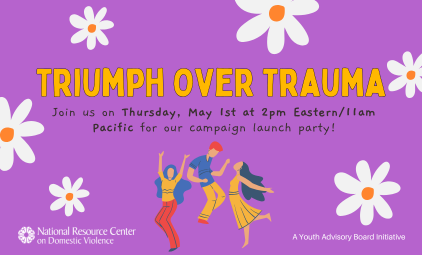The current enthusiasm for joint child custody and liberal visitation need to be tempered drastically in cases involving domestic violence for the following reasons:
- Men who batter their intimate partners have a high potential for physically and emotionally abusing their children.
- Child custody evaluations often place battered women at a disadvantage because living in an abusive relationship may produce traumatic effects that give the false impression that they are unfit parents.
- Battered women's attempts to protect themselves and their children can also give the false appearance that they are unfit parents.
- Men who batter are likely to have chronic behavioral and emotional problems that may not be easily detected.
- Many states are responding to these concerns by enacting laws that require domestic violence to be considered in child custody determinations and sometimes presume that the abuser should not have joint or sole custody. Other statutes address concerns over visitation, mediation, child abduction, and child abandonment.
Although more research is needed in the field, our current practice wisdom and social science research indicate that:
- Men who batter should rarely have sole or joint custody of their children.
- Divorce, separation and/or treatment of the abuser do not guarantee that the abuse of the women and children will stop.
- Visitation needs to be supervised in many cases or restricted in other ways.
- Battered women need to be allowed exemptions from mandated mediation.
- Battered women should be allowed to relocate with their children at a safe distance from their expartners and not be labelled 'uncooperative' if they do not wish to coparent.














